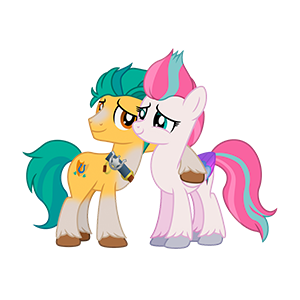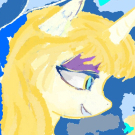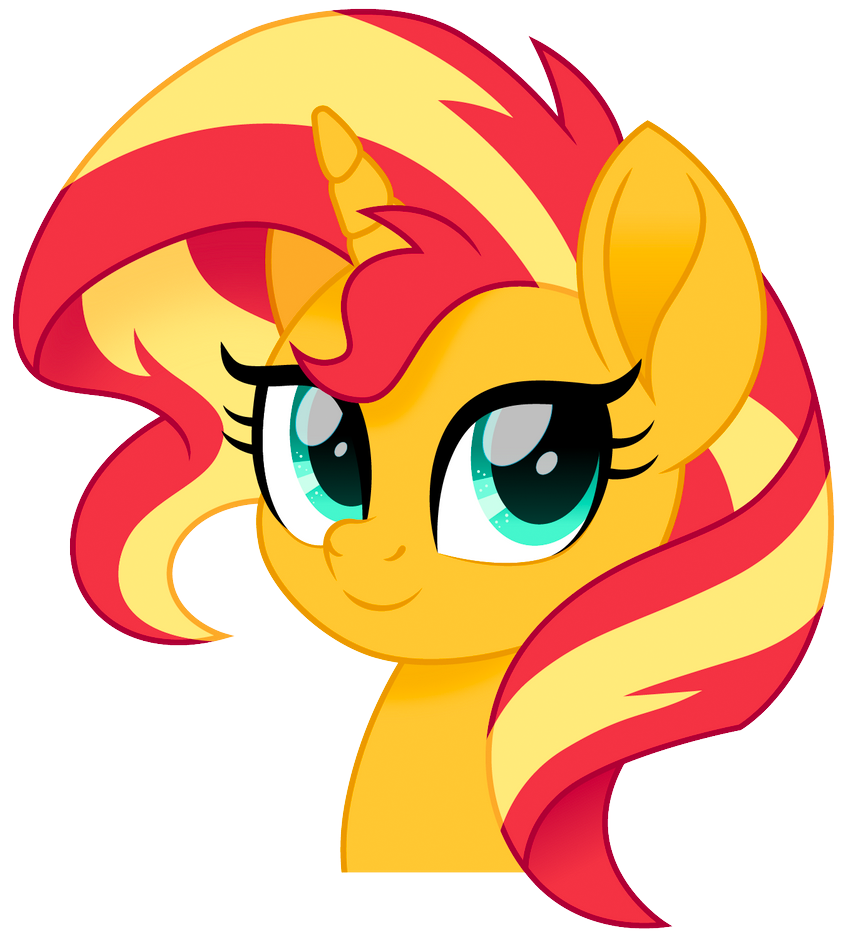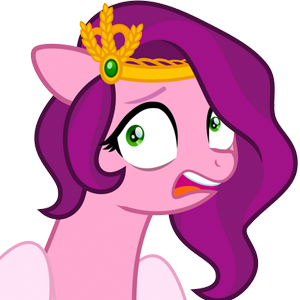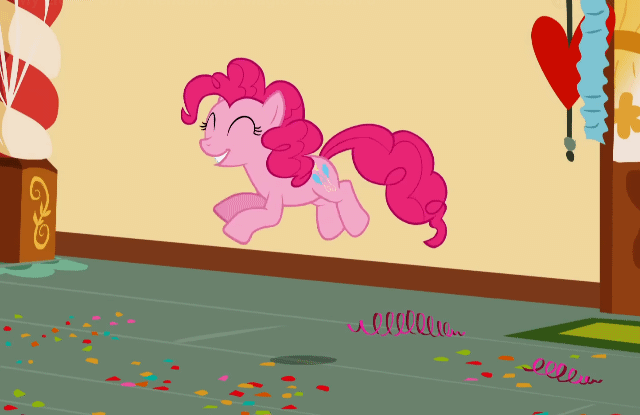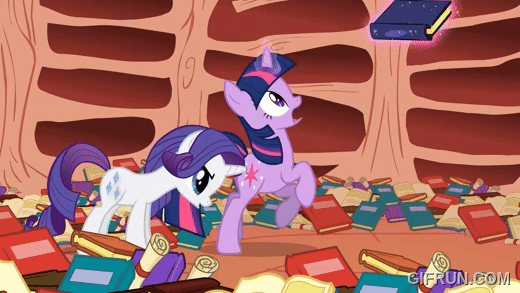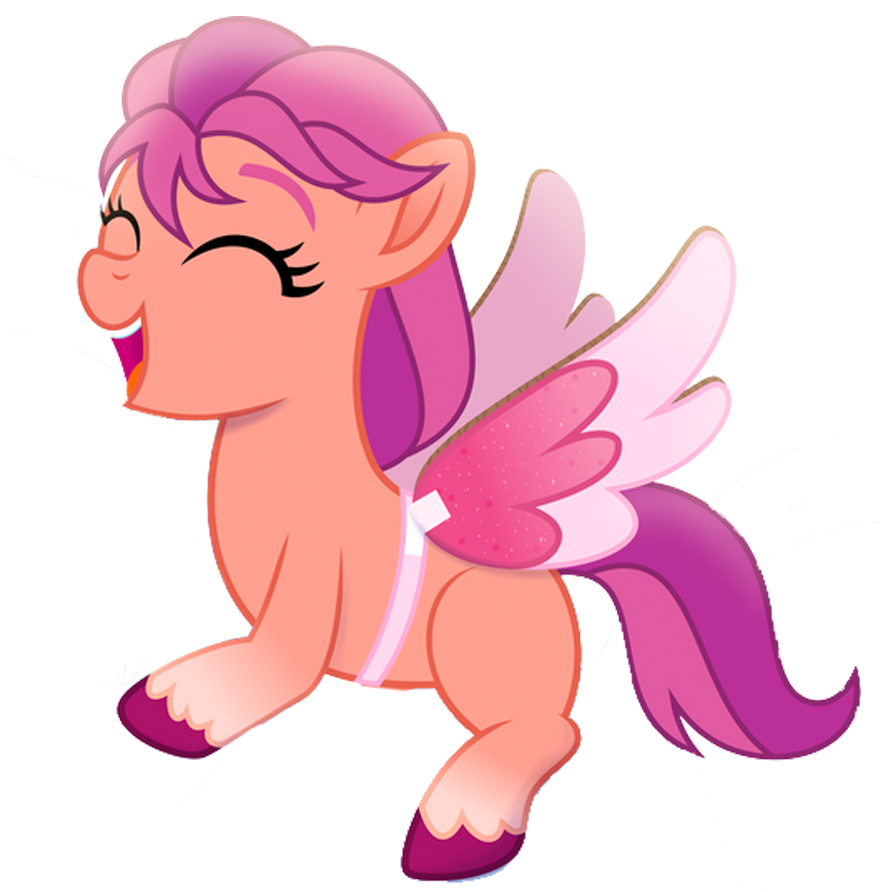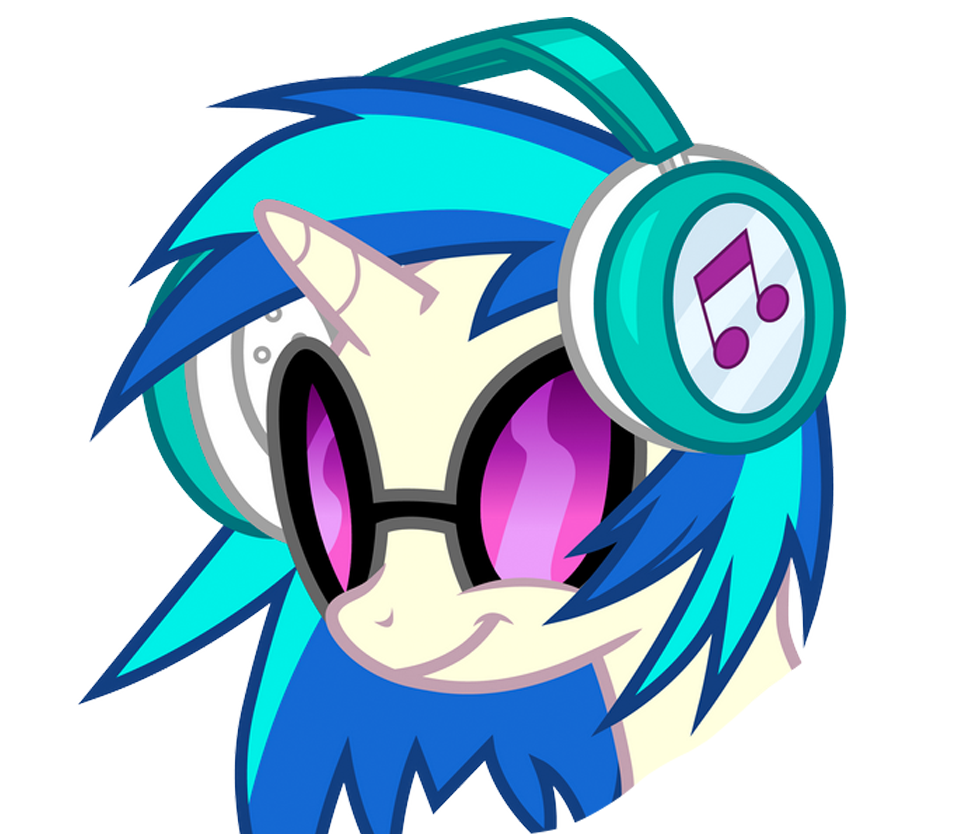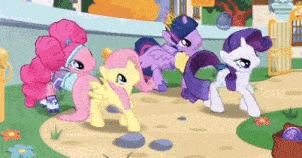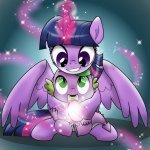-
Posts
4,721 -
Joined
-
Last visited
-
Days Won
1
Content Type
Profiles
Forums
Character Archive
Frequently Asked Questions
Equestrian Empire Character Archive
Golden Oaks Memorial Library
Pony Roleplay Characters
Events
Blogs
Everything posted by Dark Qiviut
-
I don't mean to brag, but completing my marathon walk today makes me feel absolutely elated. That walk kicked my ass, but I had the drive (and energy) to finish it.
In the end, HELL, YEAH! I'm still really happy now.

-
Well, here's my marathon-length walk recap today!
1. 52,000+ steps, second most ever.
2. Length of time: approximately eight hours.
3. Total distance: 29.3 miles! My longest marathon walk ever!
sigh Man, I'm so happy right now.

-
Yesterday marks a crucial milestone since I began losing weight in early-2021.
I started in 2021 at 344 pounds. As of Sunday, I've dropped more than 155 pounds, and now weigh 188 2/3 pounds. Right in the middle of the 187-190 range I like to be in.
It took almost five years, but I'm FINALLY here. Now to maintain it.
Needless to say, I'm damn proud of what I achieved.

-
Happy 15th anniversary, FIM! And happy 10th anniversary, Lost Mark!

-
Happy birthday!

-
Holy cow… Another day, another weight loss milestone!

In February 2021, I began my entire weight loss at 344 pounds.
Today, I'm down to 190, the top end of the range I want to be at (187-190). 154 pounds lost in more than four and a half years.
Wow…
- Show previous comments 1 more
-
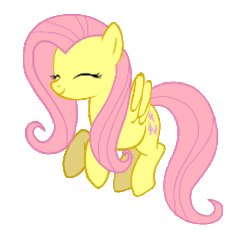
-

-

@Dark Qiviut Congratulations, Bestie! I'm SO PROUD of you!

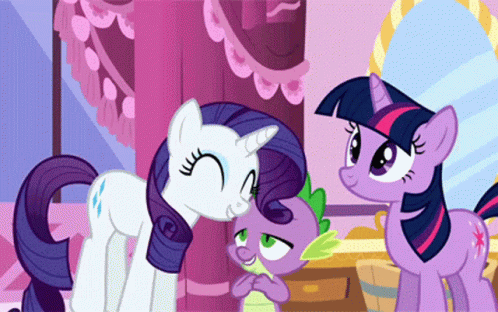
-
AHEM!
Amending Fences = best Twi episode.

- Show previous comments 3 more
-

-

@Woohoo That's the whole main cast in years!

-




